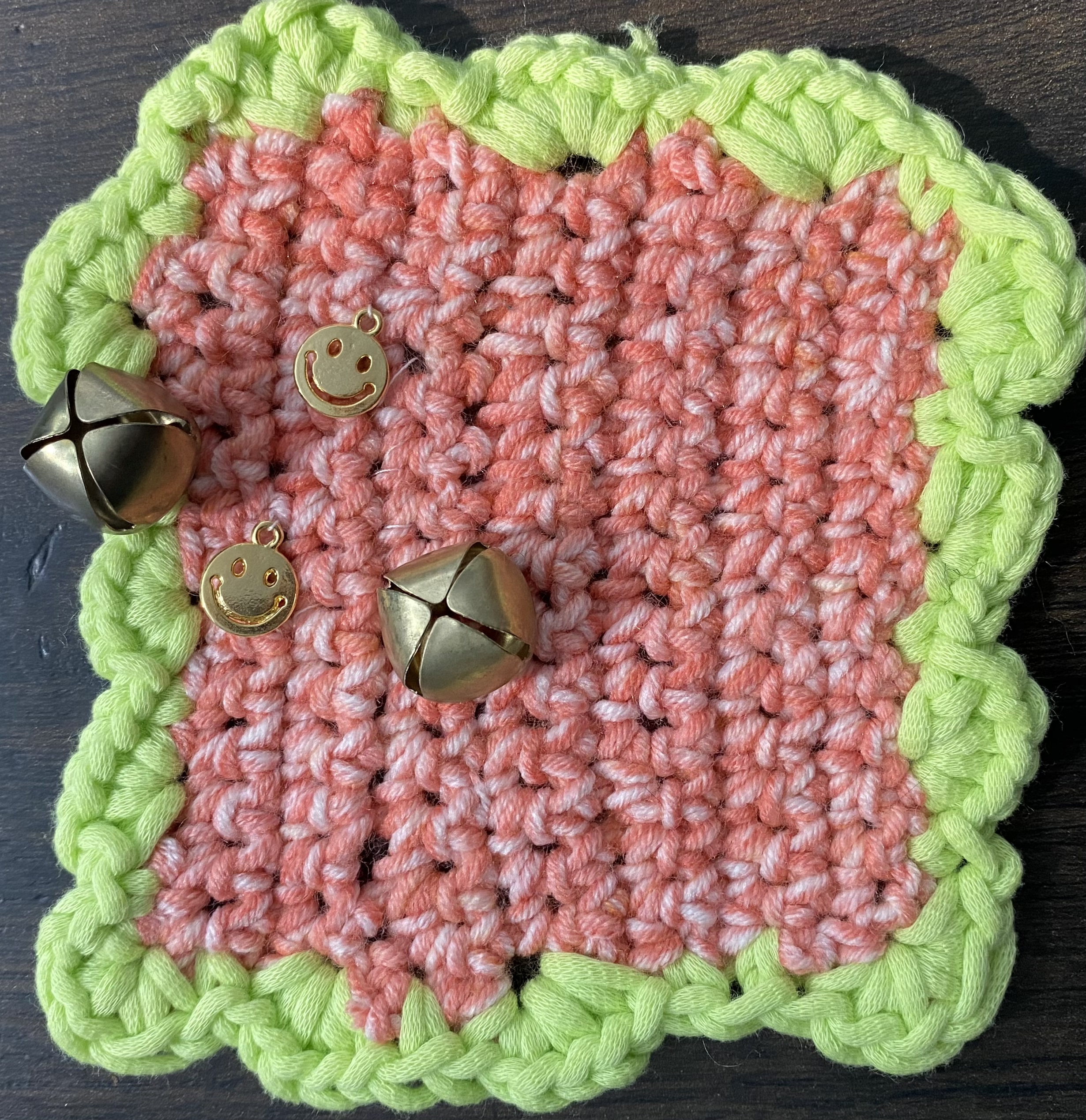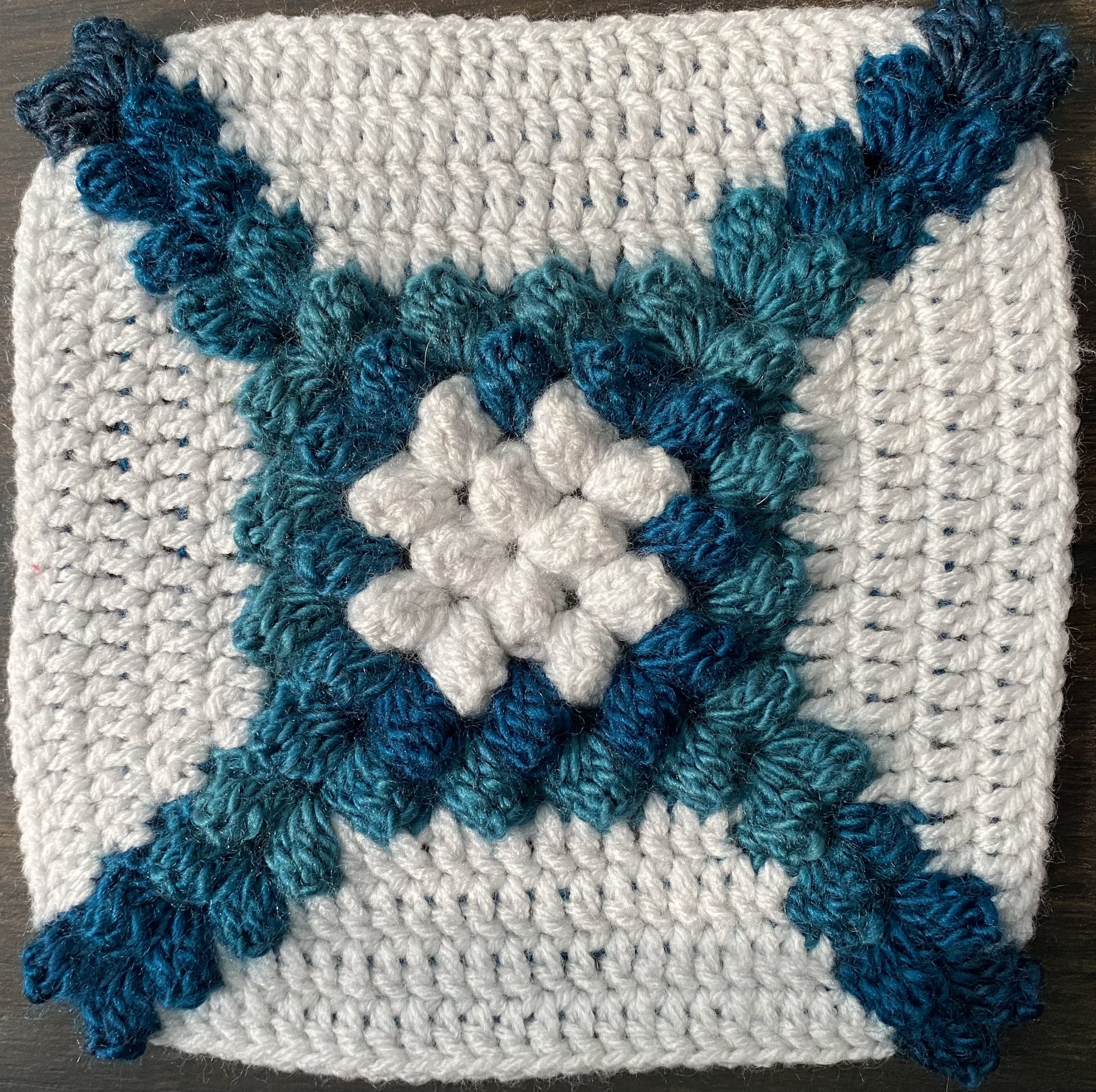Historically, women were excluded from the arts. Instead they were limited to domestic activities such as embroidery, knitting and crochet. These tasks often required women to sit quietly, head bowed, and create an item that was either useful or decorative for the home or family.
Over time, women began to use their skills to challenge injustices and raise awareness of important social issues. In the early 2000s, the term craftivism was coined. This refers to a whole array of different forms of protest. Examples include knit-ins where activists come together to knit in a public space, and yarnbombing in which people cover spaces with knitting or crochet.
This exhibition brings together the experience of artists, experts, charities, crocheters and knitters to acknowledge the long history of women using thread as a form of protest, and highlights human rights in childbirth.
In the UK and globally, women experience human rights violations during pregnancy and birth. This ranges from the overuse of medical interventions in high income countries, to the lack of appropriate maternity services in other areas of the world. In addition, women continue to birth in prisons, in refugee camps, in war zones and in poverty.
It is estimated that there is a shortage of around 2,500 midwives in the UK. Maternity scandals, which have exposed the deaths of women and their babies in UK hospitals, continue to hit the headlines. In 2024 the Birth Trauma Inquiry Report revealed how women in the UK continue to experience trauma, disrespect and abuse during childbirth. Research indicates that in the UK Black women are 4 times more likely and Asian women 2 times more likely to die in childbirth than white women.
Produced by Dr Gemma McKenzie as part of Being Human Festival.





